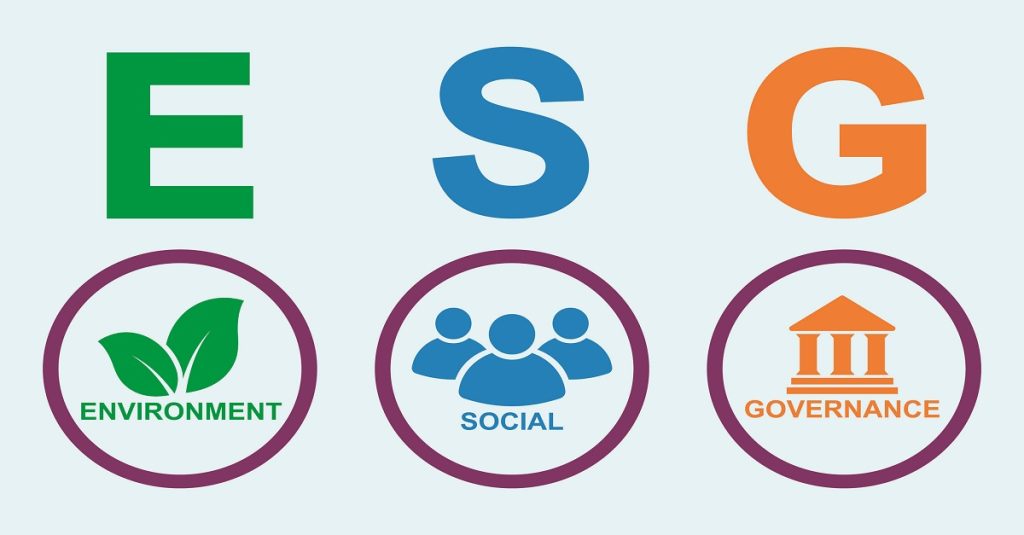
Embracing ESG Regulations: The Path Towards Sustainability
In the throes of our collective journey towards a more sustainable future, it is vital to align our course with the evolving trends in industry standards. A key player in this shift is the emergence and ongoing evolution of ESG (Environmental, Social, and Governance) regulations. As we navigate these uncharted waters, we are aware of the implications and the immense potential that these regulations hold, not just for us, but for the entire banking and IT industries.
Understanding ESG
ESG stands for Environmental, Social, and Governance, the three central factors that measure the sustainability and societal impact of an investment in a company or business. Increasingly, these have become the criteria by which investors, regulators, and the public judge organizations. These factors are not just limited to the environment, although the ‘E’ in ESG often gets the most attention. They also include social issues like labor rights, anti-corruption policies, and board diversity, along with the governance of the organization.
Implications of ESG Regulations
So, who will be implicated by these regulations? In essence, everyone. From the smallest start-ups to the largest banking conglomerates, ESG regulations are set to revolutionize the way we approach business. These standards ensure that all sectors of the industry, regardless of their size or function, adhere to these principles, promoting a more inclusive and equitable business environment.
As digital architects of the banking industry, we have a unique opportunity—and responsibility—to craft solutions that not only meet regulatory standards but also drive positive societal change. By integrating ESG considerations into our design process, we can shape our industry’s future and make a tangible impact on the world.
Preparing for a Sustainable Future
At Koios, we are preparing for this new era of business by incorporating ESG strategies into our core business practices. We are taking the necessary steps to ensure compliance with these new regulations while maintaining our commitment to innovation and excellence. As we adapt to these new standards, we also aim to guide our partners and clients through these changes, providing support and insights to navigate this evolving landscape.
In the face of these changes, we view this as an opportunity to be better—for our clients, our employees, and our planet. ESG regulations represent a shift towards a more sustainable, equitable, and resilient way of doing business. By embracing these changes, we are not only preparing for the future but also actively shaping it.
Stay tuned to our updates as we share insights and guidance on how we, as an industry, can embrace ESG regulations and reshape our future.